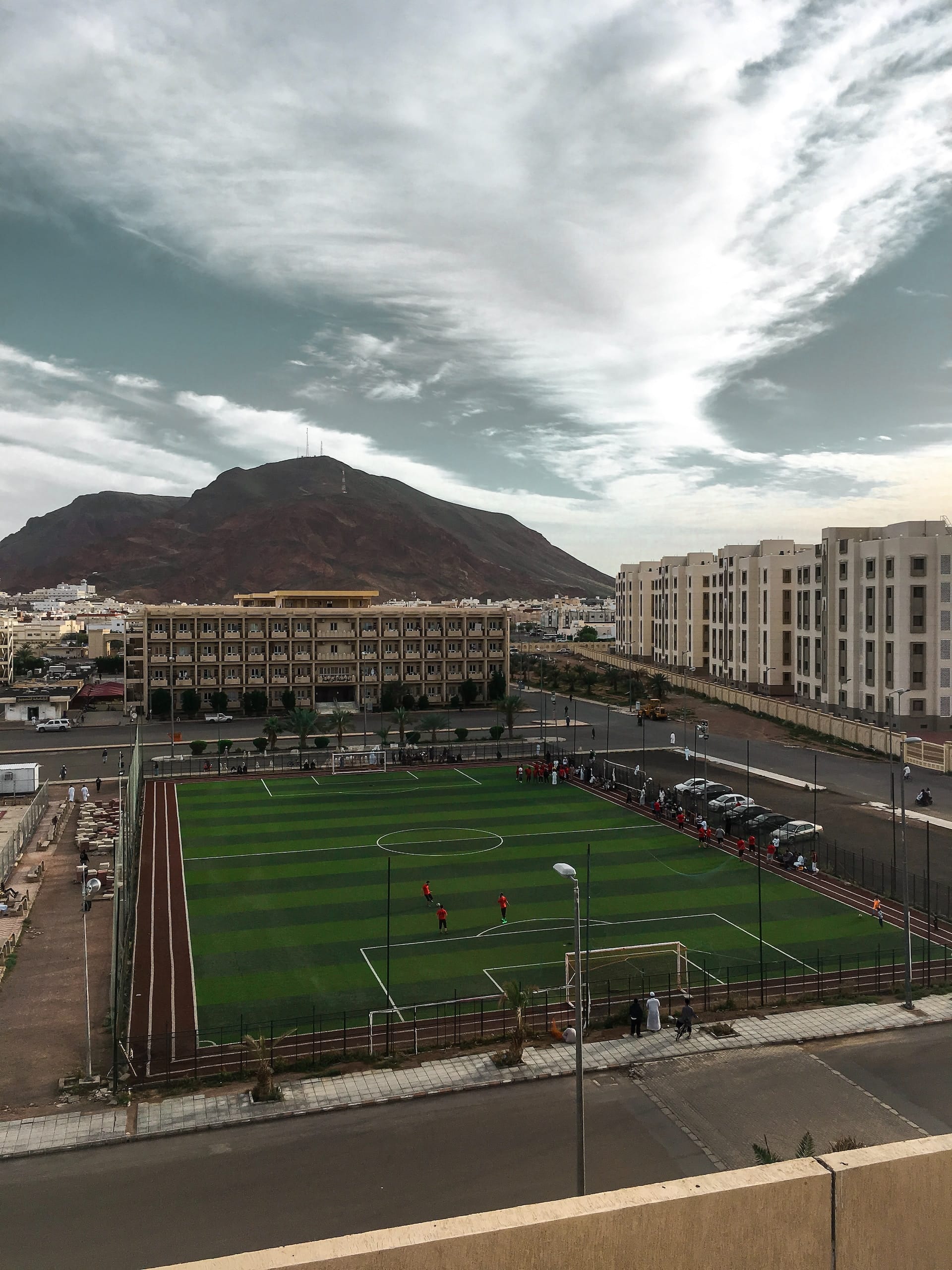The Taliban in Afghanistan carried out yet another public execution on Monday, sentencing a man charged with murder to death, in defiance of international calls to halt the “inhuman” punishments. This marked the third public execution within a week.
According to the Taliban Supreme Court’s announcement, the execution occurred at a sports stadium in Sheberghan, the capital of the northern Afghan province of Jowzjan. Government officials, judicial figures, and residents were reportedly among the spectators.
The individual executed had been found guilty of fatally stabbing a young man in 2022. The statement revealed that he had undergone trials in three Islamic courts and subsequent appellate tribunals before the judicial “order of retaliation was issued and approved” in accordance with Sharia law.
The punishment was implemented following the examination and endorsement of the ruling by the Taliban supreme leader, Hibatullah Akhundzada, the court stated.
Last Thursday, the fundamentalist authorities conducted a double public execution at a football stadium in the southeast city of Ghazni, asserting that both men had been convicted of murder in separate cases.
The announcement sparked outrage from the United Nations and global human rights groups, who condemned the executions as violations of international law and called for their immediate cessation.
“We oppose all executions as a violation of the right to life,” stated Amnesty International in response to the double execution, emphasizing the ongoing concerns regarding the protection of the right to a fair trial under Taliban rule.
Livia Saccardi, Amnesty International’s interim deputy regional director for South Asia, urged the international community and the U.N. to increase pressure on the Taliban to uphold international safeguards in Afghanistan.
Since regaining power in August 2021 and imposing their harsh interpretation of Islamic law, the Taliban have executed five convicted murderers and subjected several hundred others, including women, to flogging in sports stadiums.
The de facto Afghan rulers have dismissed criticism of their policies, maintaining that the criminal justice system and governance are based on Islamic principles and guidelines.
In addition to executions, the Taliban have imposed extensive restrictions on women’s rights, including education and public life. Female visitors are barred from parks and gyms, and girls are forbidden from attending school beyond the sixth grade.
The international community has refused to grant formal recognition to the Taliban administration, citing concerns about the treatment of Afghan women and other human rights issues.
Image Credit: Afdhallul Ziqri/ Unsplash



















